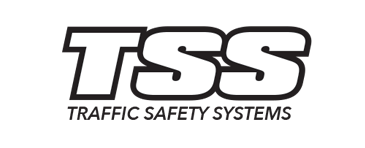
What supplies should be in a First Aid Kit at work?
In order to handle small injuries that occur on the job, you’ll need a First Aid Kit stocked with the supplies you’ll need. Since every Australian business and work environment is different, there’s no one-size-fits-all list of supplies you should have in your First Aid Kit, but here are some essentials that will apply to nearly any workplace environment.
1) Basic First Aid Kit
Get yourself an off-the-shelf First Aid Kit. This way, you’ll have all your bases covered and won’t have to scramble to fill your basic first aid needs. You can then modify it based on your specific needs. For example, if you have employees who cut themselves on a regular basis, add some bandages, adhesive plasters, and disinfectant wipes. Add eyewash products for workplaces with a lot of foreign particles in the air.
2) Bandages
Bandages are an essential part of your First Aid Kit. The one you choose will depend on your specific situation, but they all come with their benefits and drawbacks. Some may not adhere to dry skin well; others may not stick to sweaty or oily skin; yet others may cause allergic reactions. Regardless of what kind you use, it’s important to change them regularly so they’re clean and effective when you need them most.
3) Hydrocortisone cream
Hydrocortisone cream is an anti-inflammatory that can help ease skin irritations. It comes in many different strengths—find one that works for you. If your skin gets chapped or sunburned, hydrocortisone can help ease pain and itching. When applied to blisters or sores, it will keep them from becoming infected. Hydrocortisone cream is also useful when treating bug bites, scrapes, poison ivy rashes, and boils.
4) Pain reliever
When you’re feeling pain, such as sore muscles or headaches, taking over-the-counter medications like acetaminophen or ibuprofen can bring fast relief. You can also find topical pain relievers that come in lotion, gel, and cream forms. These creams can help ease aching joints and muscles without making you drowsy. Just remember to read the label closely—some of these medications require refrigeration or do not have expiration dates.
5) Antiseptic wipes
Antiseptic wipes will remove dirt and germs from your hands. If you don’t have a sink available, these can help reduce risk of infection when you need to clean up small cuts.
6) Tweezers
Before you perform any kind of wound care, it’s helpful to have tweezers on hand for removing any little bits of dirt or debris that might get into the wound while you’re working. Tweezers can also help remove splinters and other small, irritating objects from your skin.




